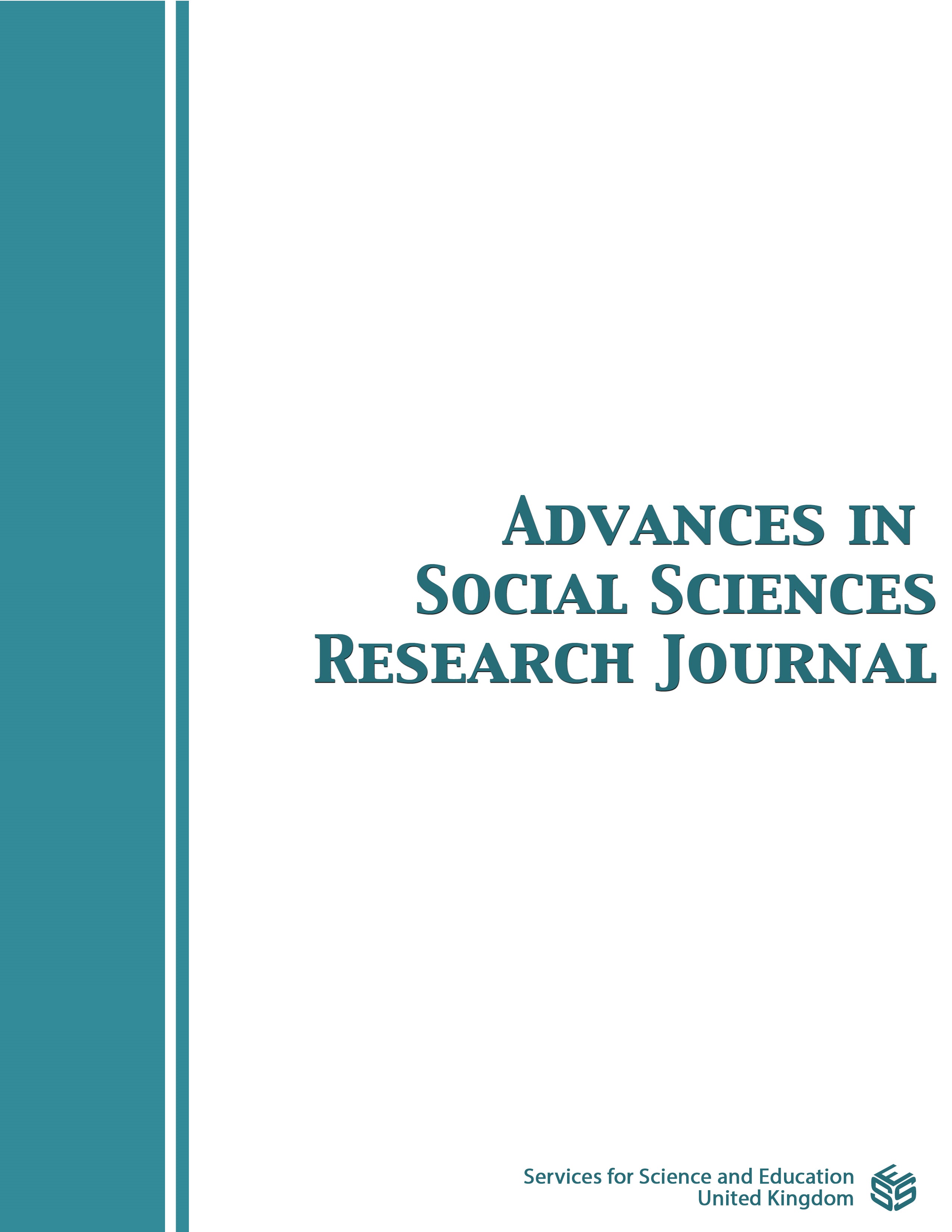A Critical Analysis and Review of the Sustainable Livelihoods Approach for Rural Development
DOI:
https://doi.org/10.14738/assrj.911.13382Keywords:
Rural Development, Rural livelihoods, Sustainable Development, Sustainable LivelihoodsAbstract
The main objective of this paper was to evaluate and analyse the importance of the Sustainable Livelihoods Approach (SLA) and its application to policies and projects for rural development. Literature focusing on the main components of the SLA was reviewed. The paper noted that the SLA is effective in interrogating the livelihoods of the poor and the various mechanisms contained in the approach such as all forms of capital, the vulnerability aspect, livelihood strategies and outcomes as well as the various laws and regulations governing the access and use of resources. It has been observed by leading scholars such as Chambers and Scoones (1992) as an inclusive and top- down approach. The approach has theoretically proven that it assists in understanding the livelihoods of the poor in rural communities. It is recommended that government and their development partners adopt and incorporate the SLA into their policies for sustainable livelihoods and development.
Downloads
Published
How to Cite
Issue
Section
License
Copyright (c) 2022 Susan Lusinga-Machikicho, Ngonidzashe Mutanana

This work is licensed under a Creative Commons Attribution 4.0 International License.
Authors wishing to include figures, tables, or text passages that have already been published elsewhere are required to obtain permission from the copyright owner(s) for both the print and online format and to include evidence that such permission has been granted when submitting their papers. Any material received without such evidence will be assumed to originate from the authors.






